Pomerium - Balatonalmádi open house festival
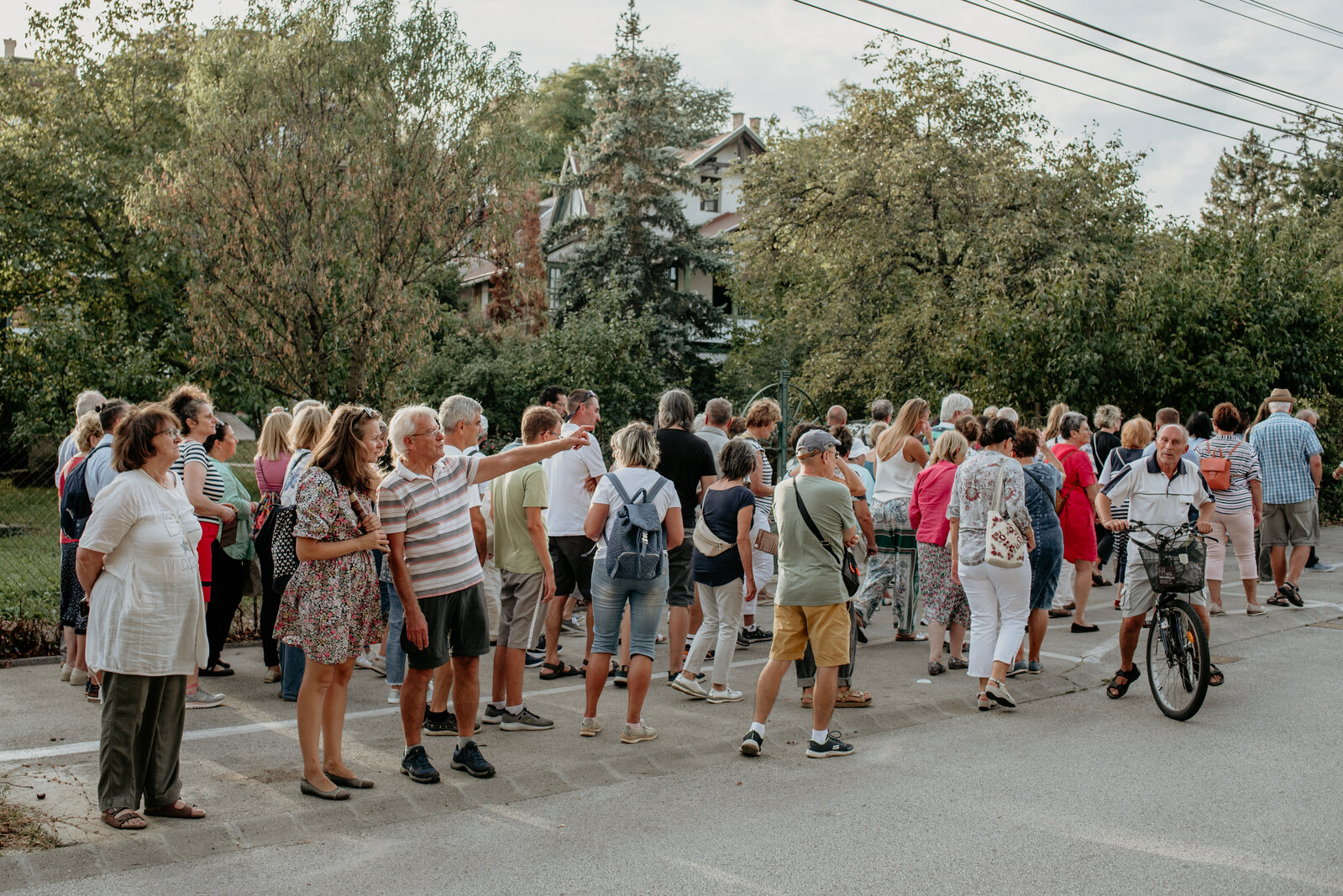

Here is a simple idea: we open some houses for a weekend and tell the story of the houses and the people who lived in them together with the locals. On 23-24 September in Balatonalmádi, we have organised a cultural festival called Pomerium, based on the methods of Budapest100.
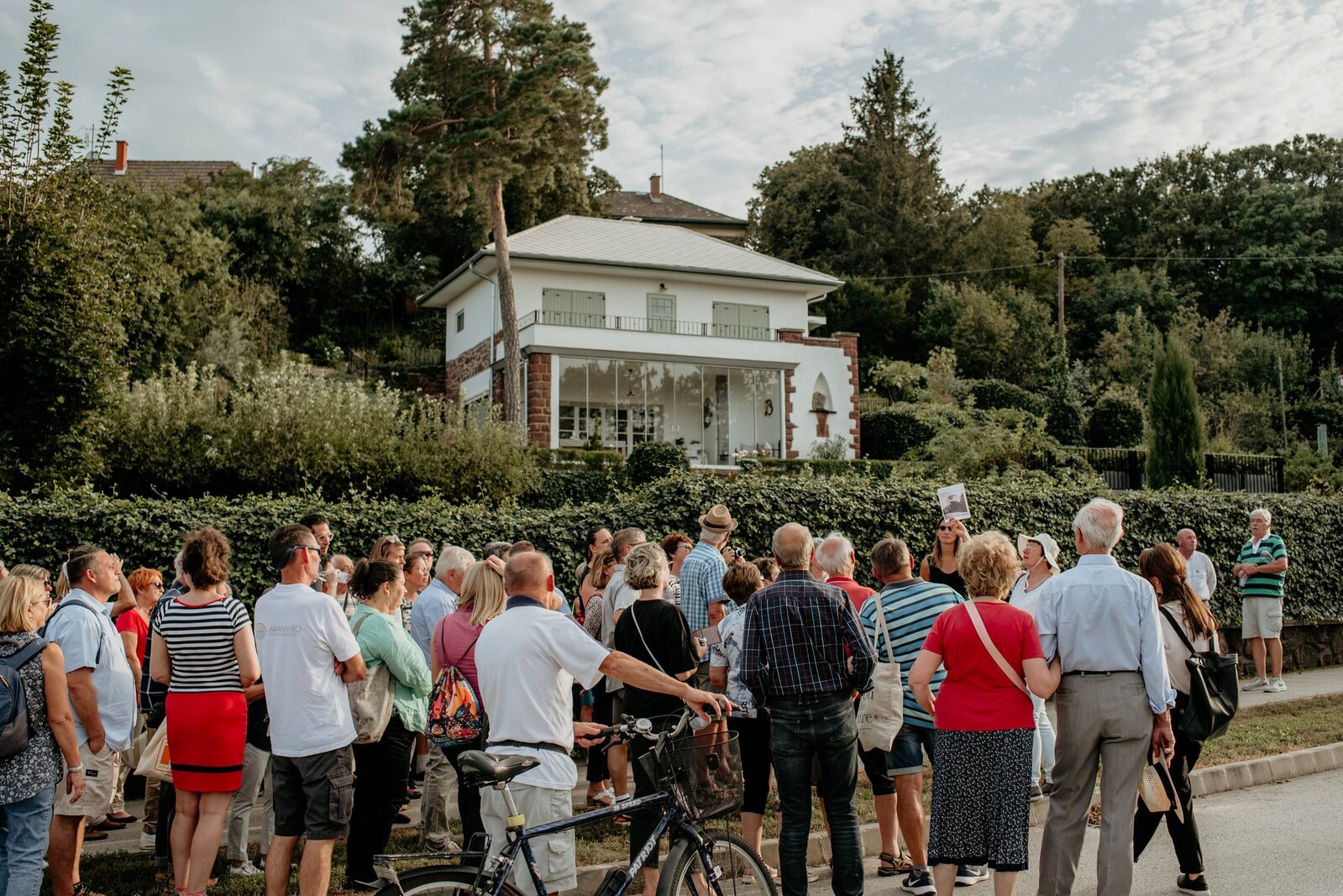
Recently awarded the Europa Nostra prize, Budapest100 is a popular urban festival, a celebration of built heritage and communities that has been running since 2011: on average, 50 residential and public buildings open their doors every year during a spring weekend, with the involvement of residents and, in the case of institutions, their staff. Since its inception, the programme has been organised by the Contemporary Architecture Centre (KÉK), which organised the TÁJTÉKA programme, attracting up to 200 volunteers each year. Celebrating local values together, sharing stories and experiences strengthens communities and local identity, but also promotes a sense of responsibility for the living environment.
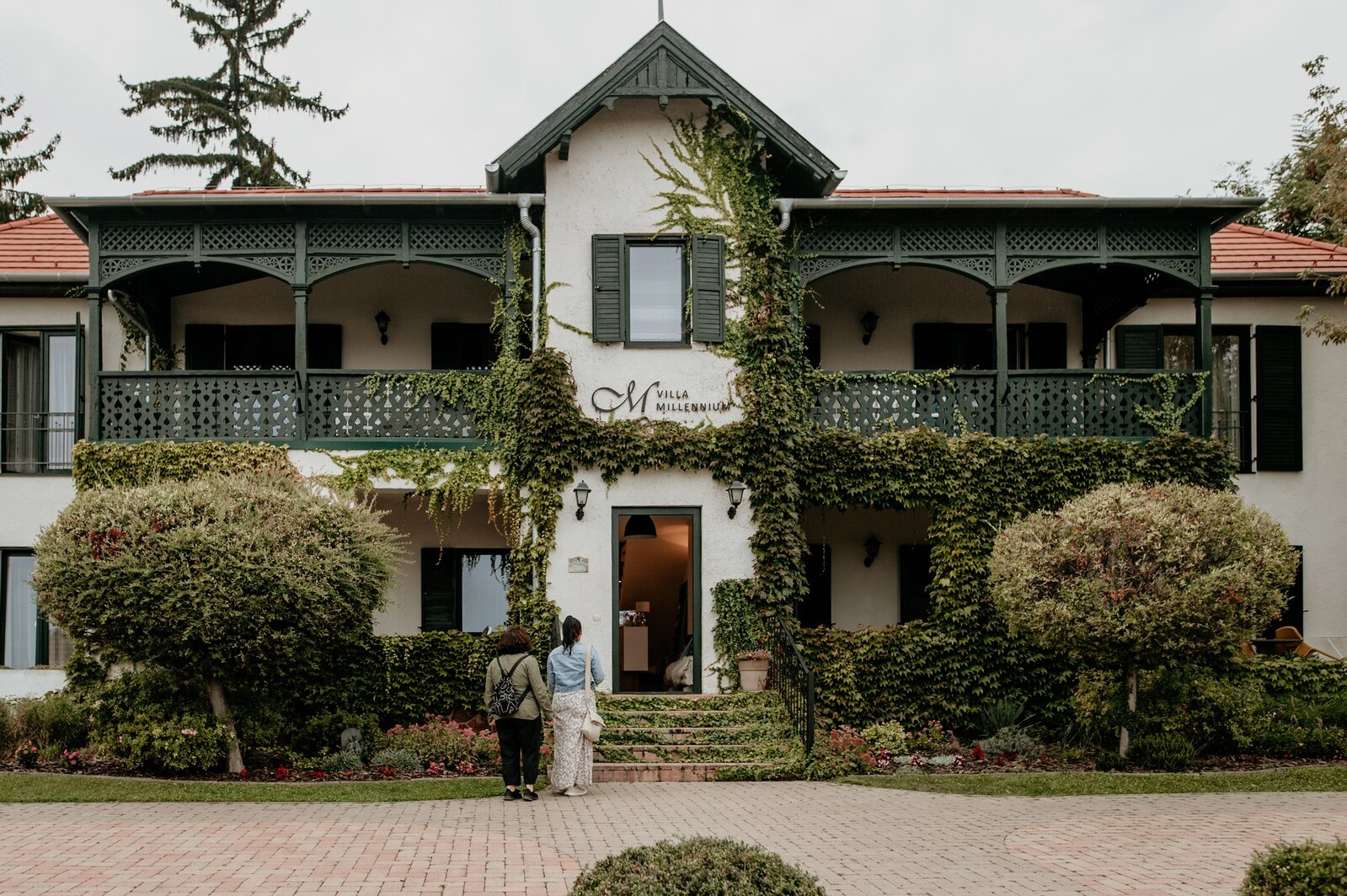
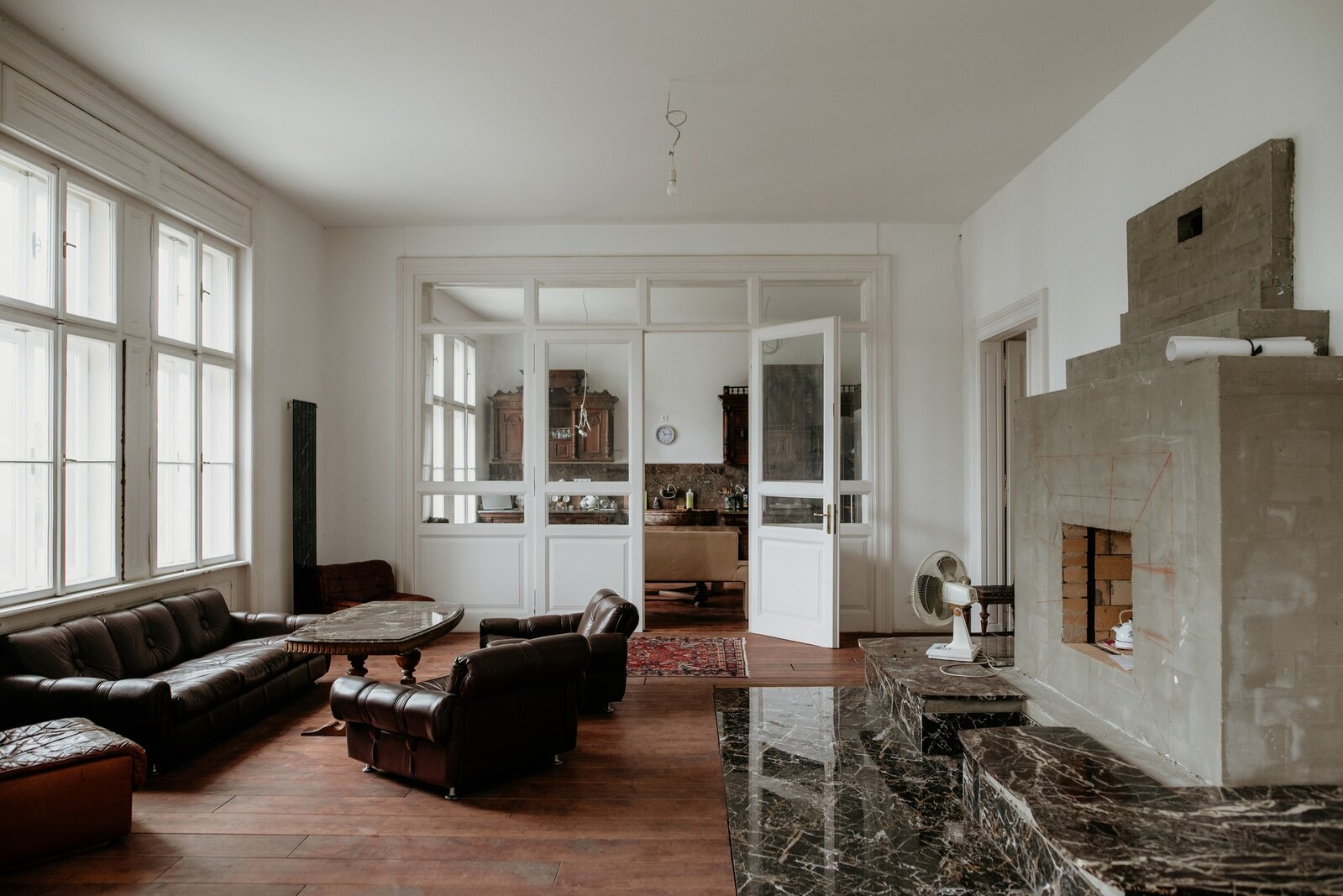
In the past years, the experts of KÉK have implemented adaptations of the programme across Europe in the framework of international cooperation, and this time the TÁJTÉKA provided the opportunity. In Balatonalmádi, four different districts (Vörösberény, Almádi, Káptalanfüred, Budatava) were visited to discover the rich architectural heritage and famous personalities of the town during a three-day event.
Balatonalmádi is a town situated on the shore of Lake Balaton with more than 1000 years of built and intangible heritage, currently consisting of four very different neighborhoods with diverse communities. The town has become a popular holiday destination in the past 150 years, its architectural landscape being shaped both by temporary and permanent residents. There are a number of local organizations invested in preserving and presenting local heritage both to locals and visitors, believing that the built values and the personalities and stories that have influenced the history of their town should be part of their shared memory and knowledge.
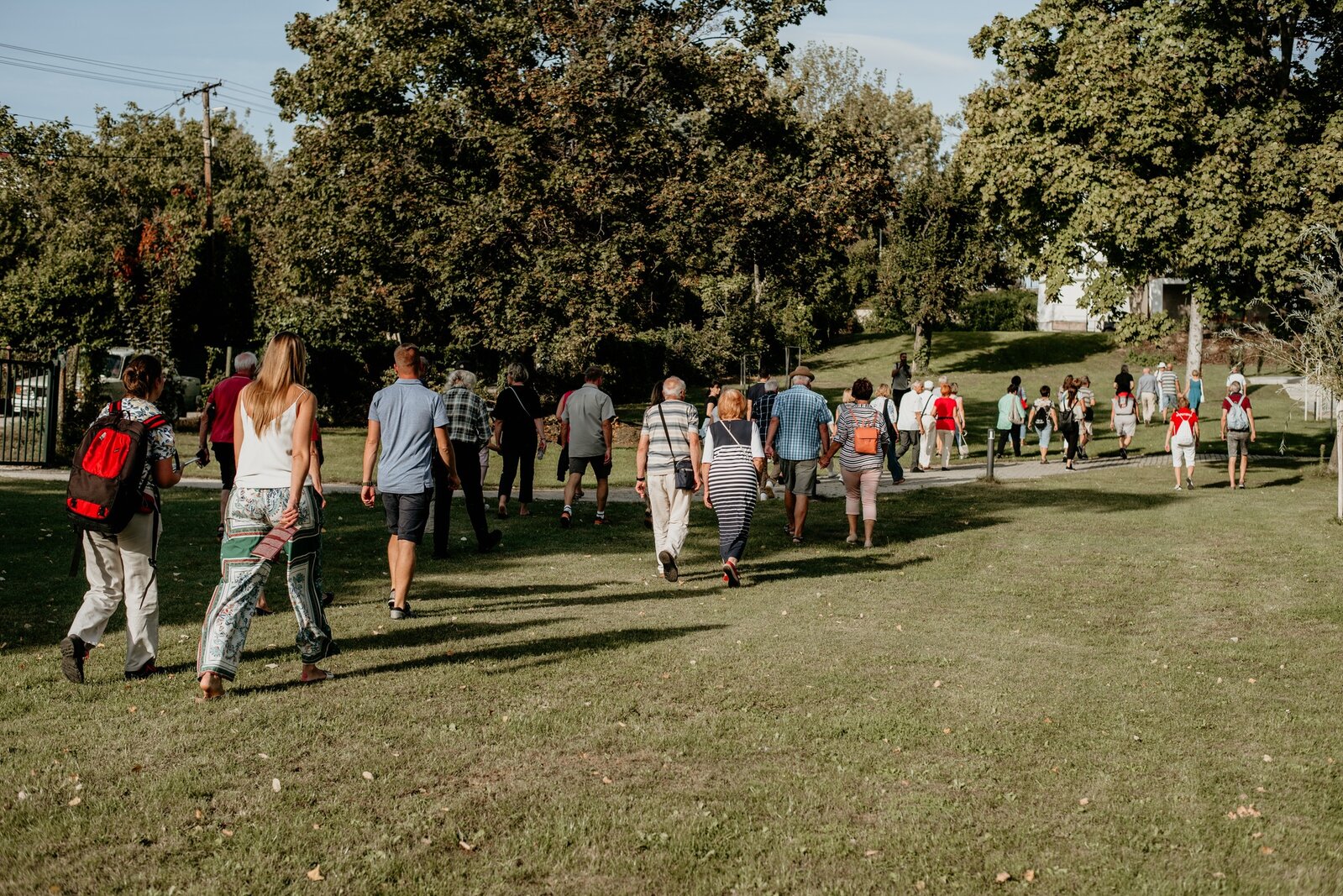
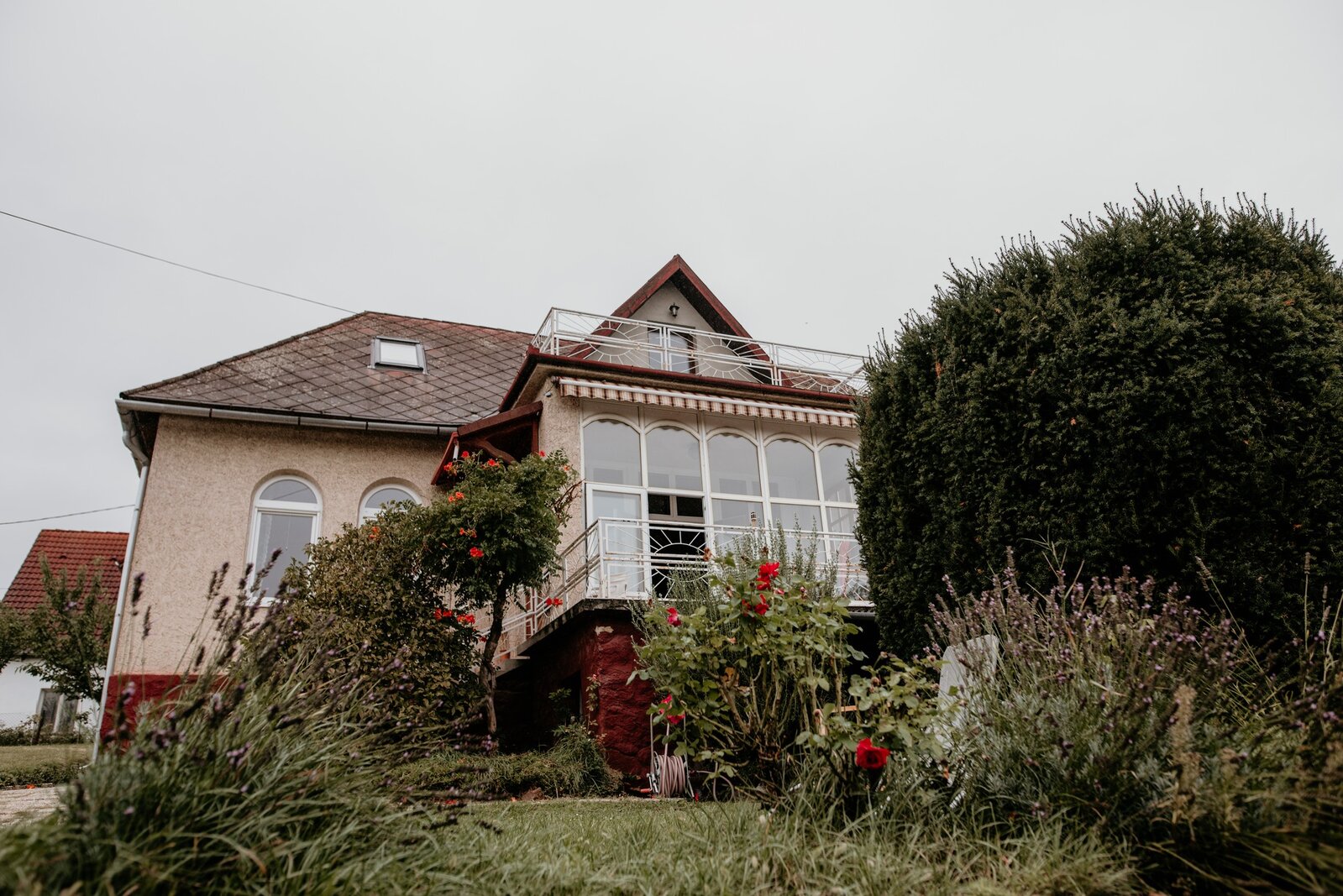
Although we are talking about a town on the shores of Lake Balaton, it also has a strong connection to the cultural landscape of the Balaton Uplands. In the course of the approximately six-month planning process, we contacted local NGOs, local historians, tour guides and cultural organisers, with whom we developed the programme in workshops and meetings. Their local knowledge and personal contacts were essential in reaching out to residents and other local actors, developing programmes and managing local communication. As part of the latter, they also developed a website for the event, which will be used in the long term to continue collecting stories and communicating the programme to the public.
The Open House Weekend kicked off on Friday with a walk around the city, where, in addition to historical curiosities, the role of local government in heritage protection and urban development was discussed. The walks have a long tradition in the city, but it was surprising to see nearly 60 people taking part.
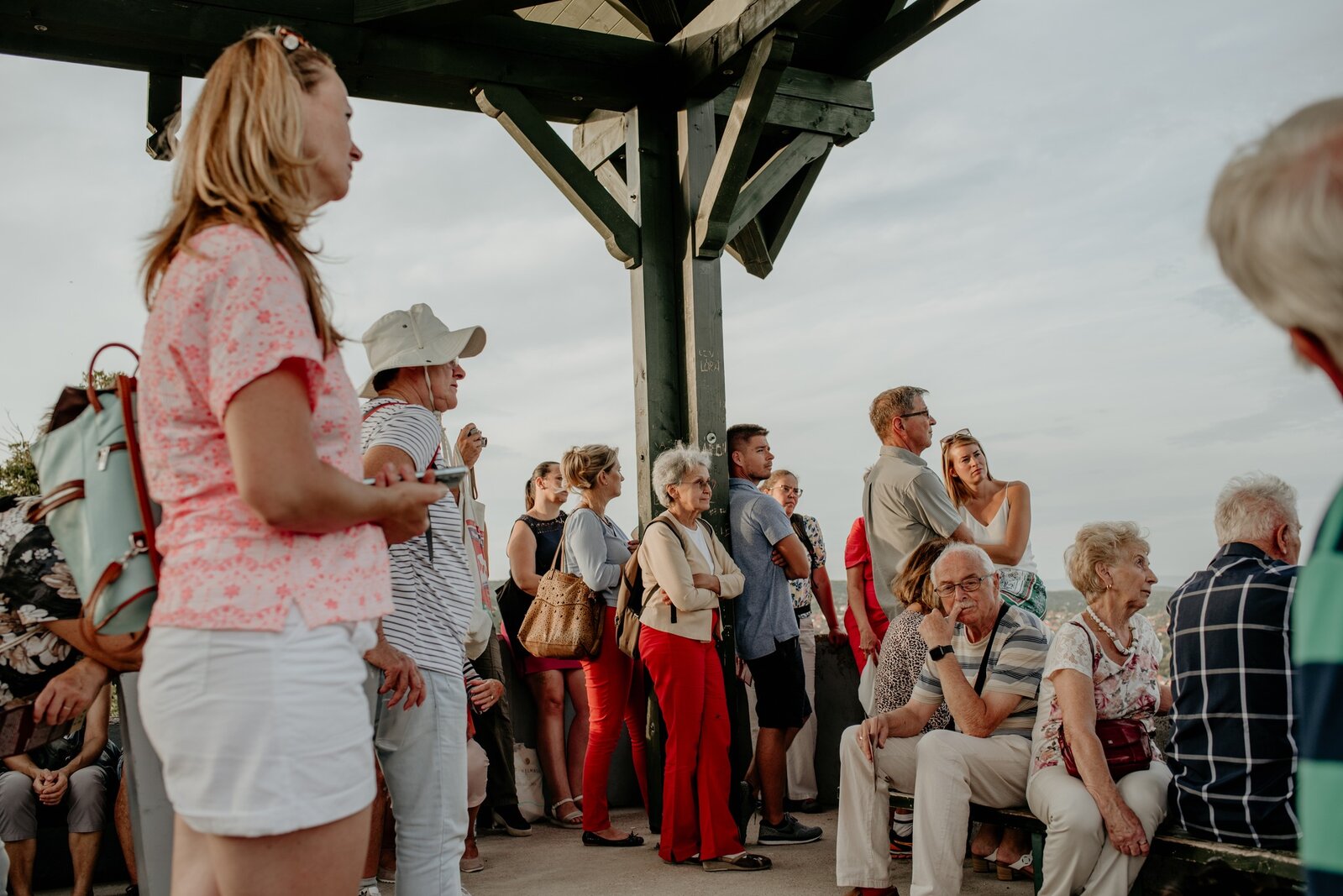
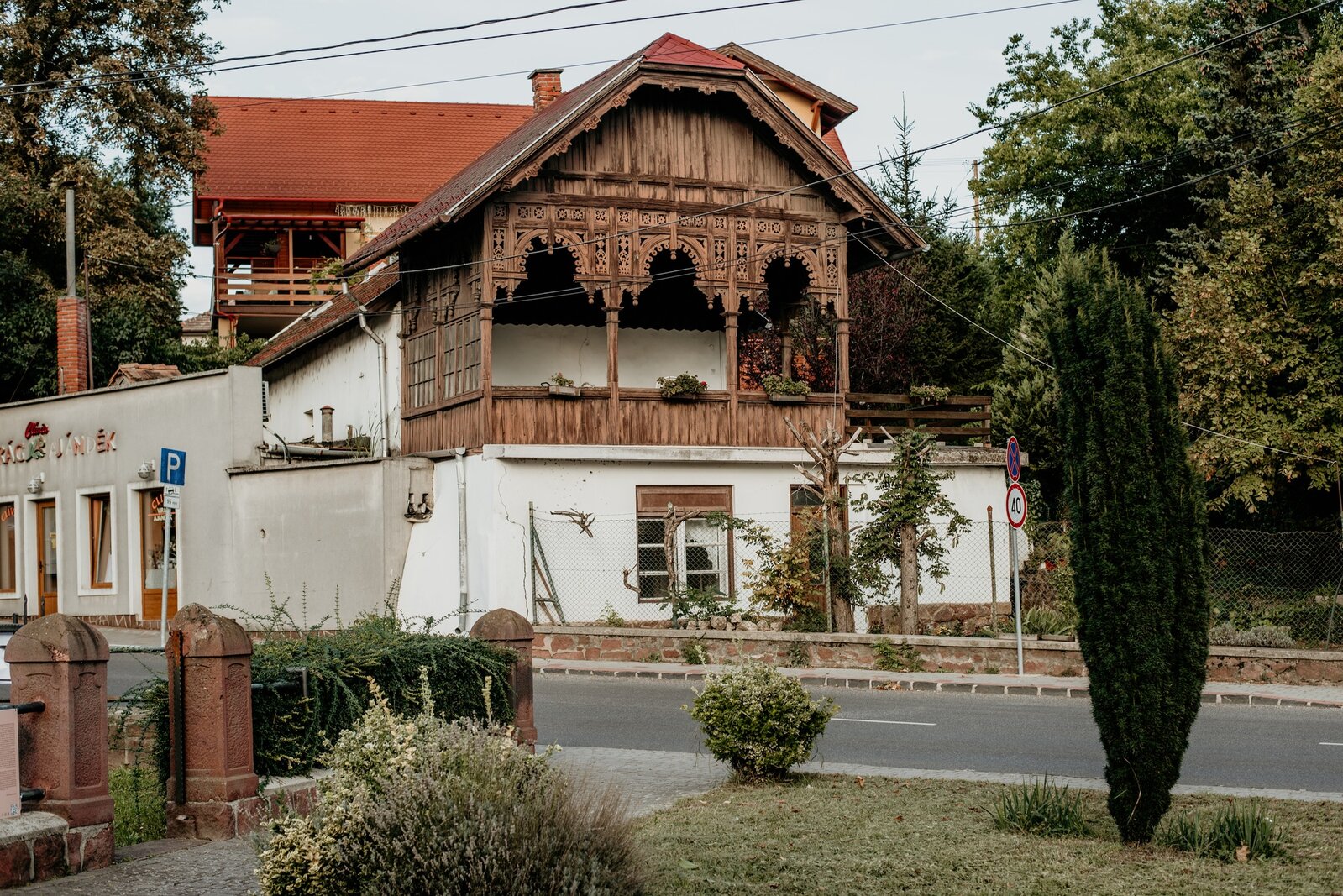
Over the weekend, there were 30 different venues offering a variety of programs: building tours, craft activities, concerts, exhibitions and family programs. Each site also had its own tableau, compiled from previously completed local history research, local public and private collections. High school volunteers helped with informing visitors and various minor tasks.
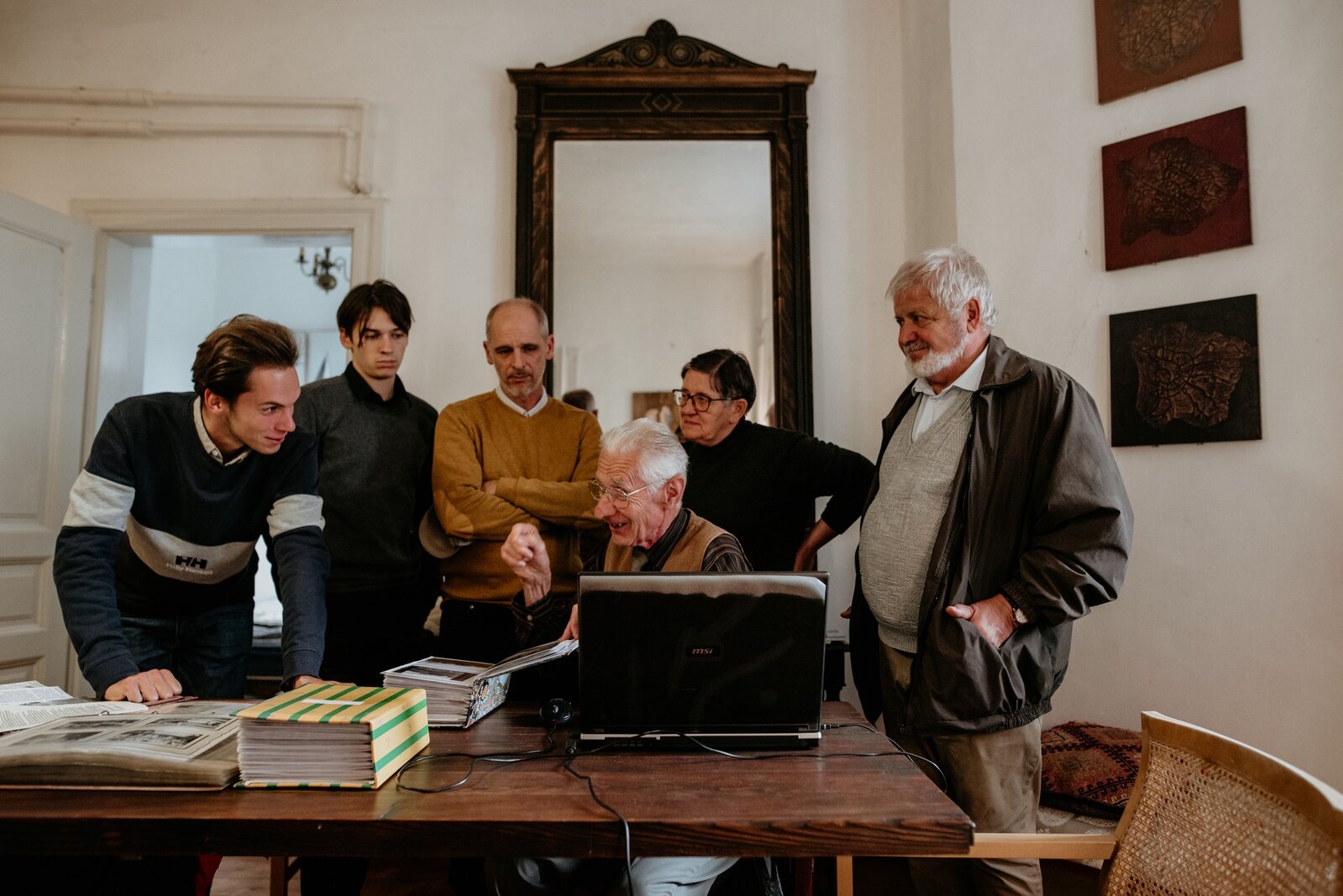
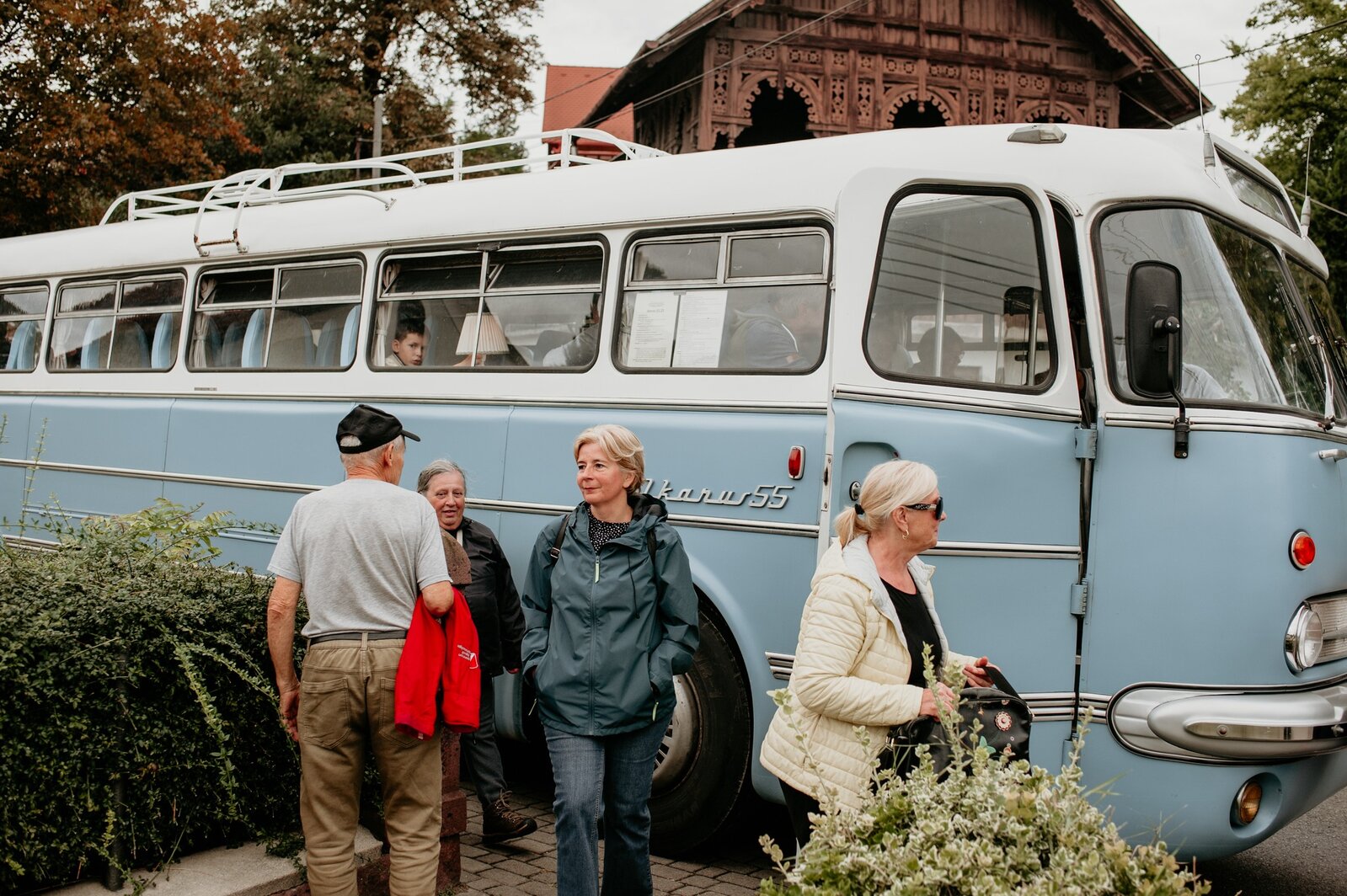
The event provided an opportunity to present valuable local history knowledge in a concentrated way, in a community event, and, thanks to the dynamic format, to engage people who might not have been attracted to classical lectures before. The opportunity to peek behind otherwise closed doors was also an important popularity factor and provided many opportunities for personal connections. Based on visitor feedback, we have established a new programme that can be repeated annually, which has given many people a new perspective on their own place of residence. A local organising team to take forward the work that has been started is key to the programme's continuation.
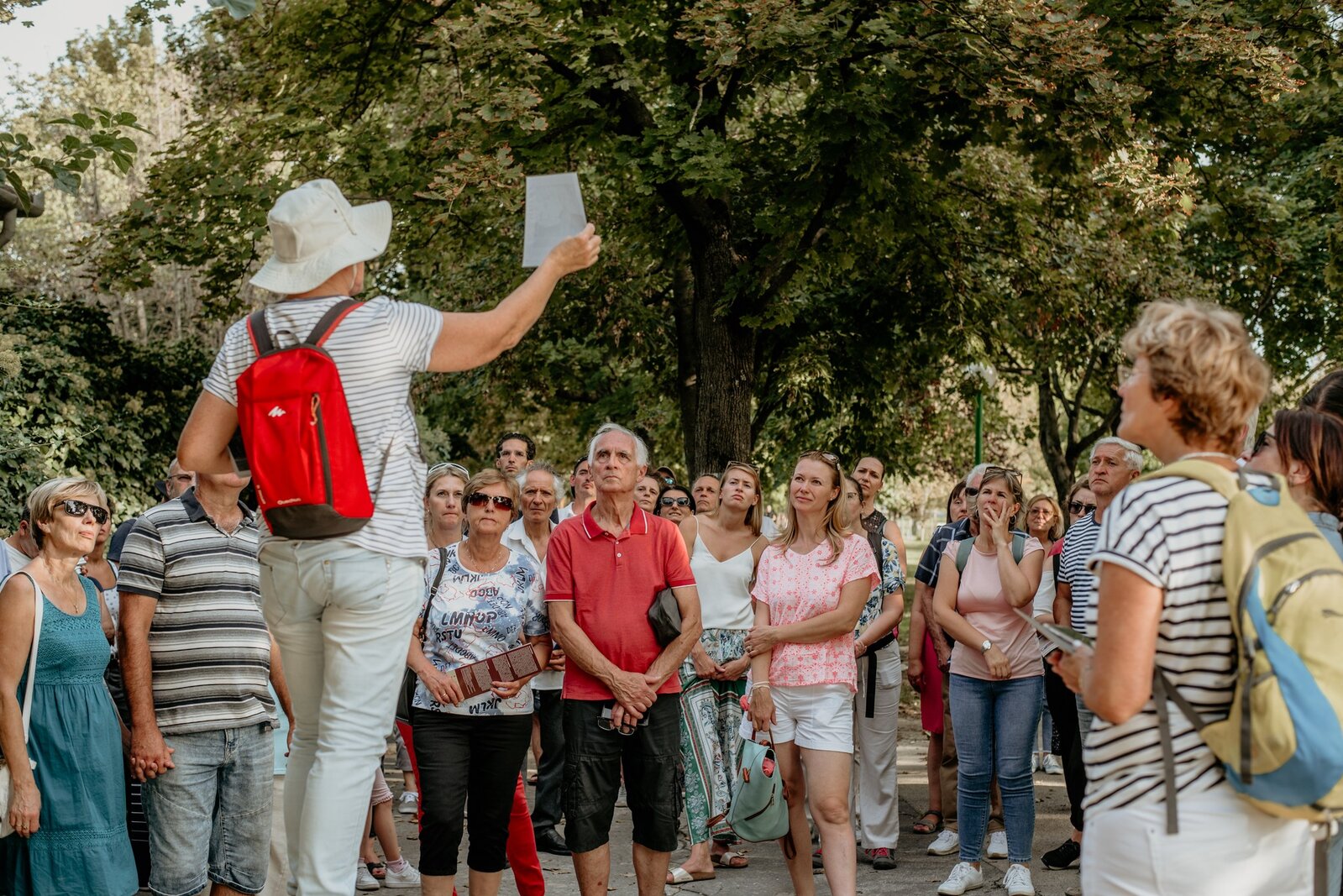
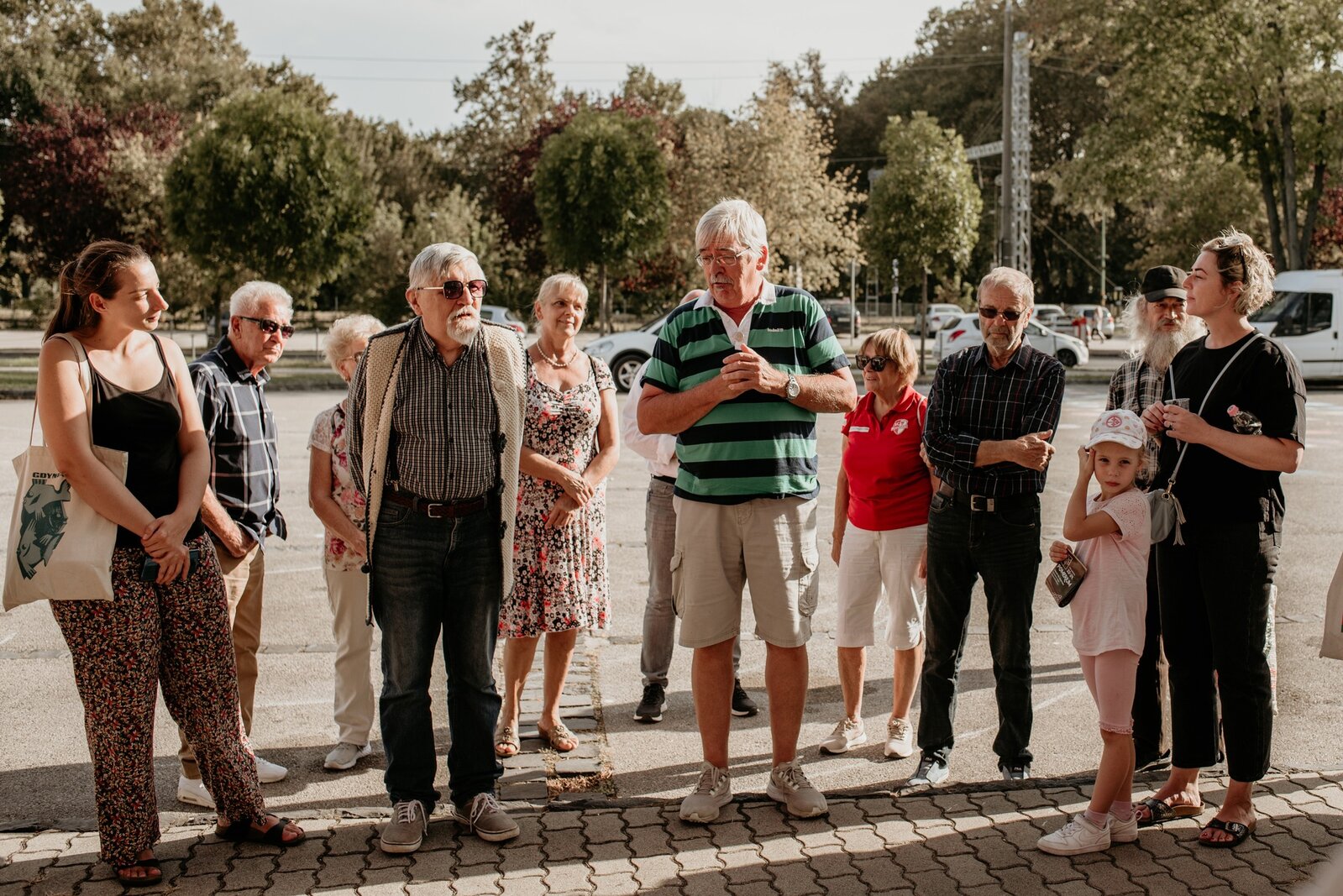
It also shapes the tourism profile of the town: unlike the events often found around Lake Balaton, Pomerium is based on local values and needs, so it gives visitors a more personal insight and a deeper immersion, while strengthening the pride of local communities.
Hereby, we would like to thank the members of the organizing team: Ágnes Blázsi, László Boros, Friderika Dankó, Eszter Juhászné Vincze and Gyula Kajári, who contributed to the realization of the program with their expertise, local knowledge, many stories and even more enthusiasm!
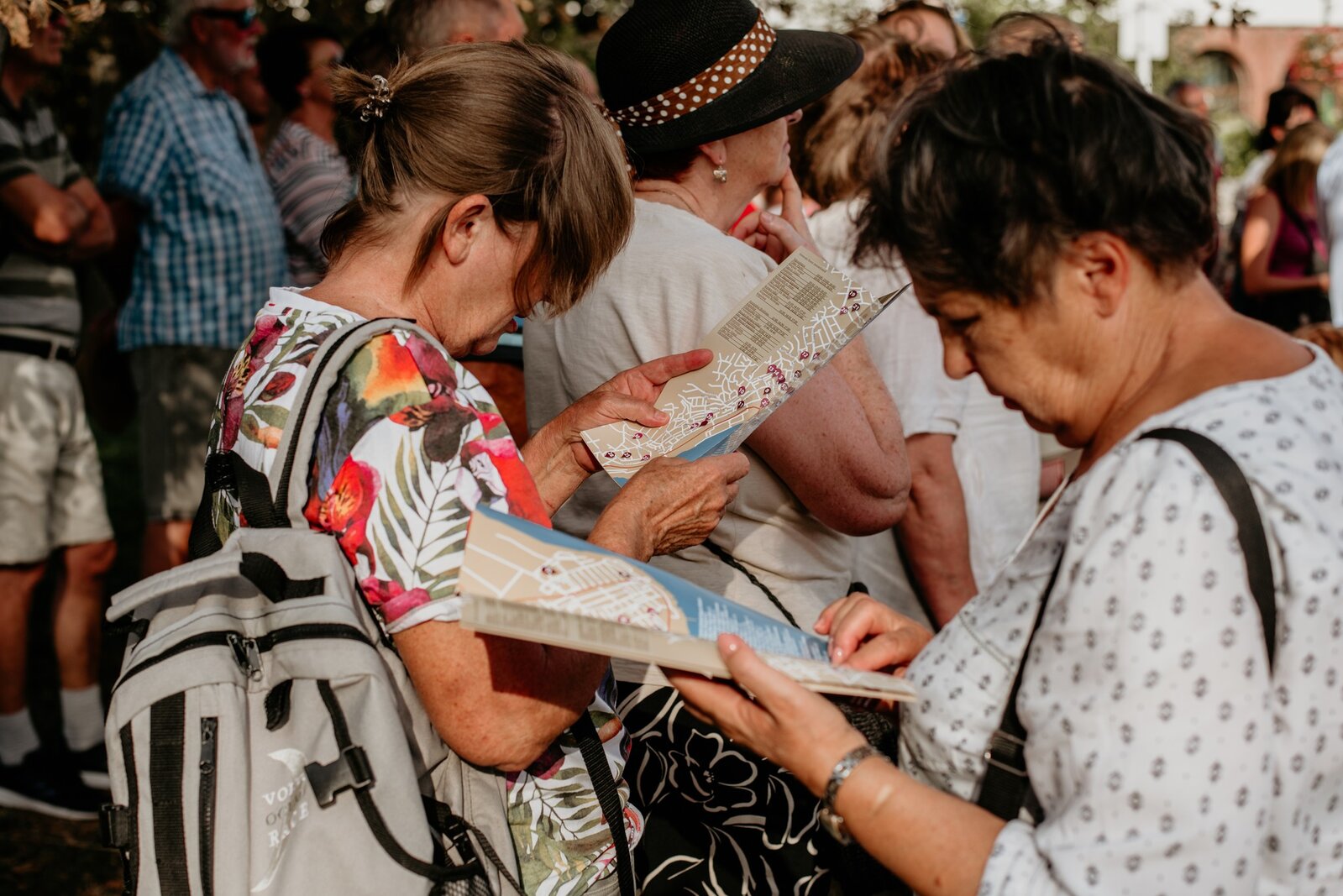
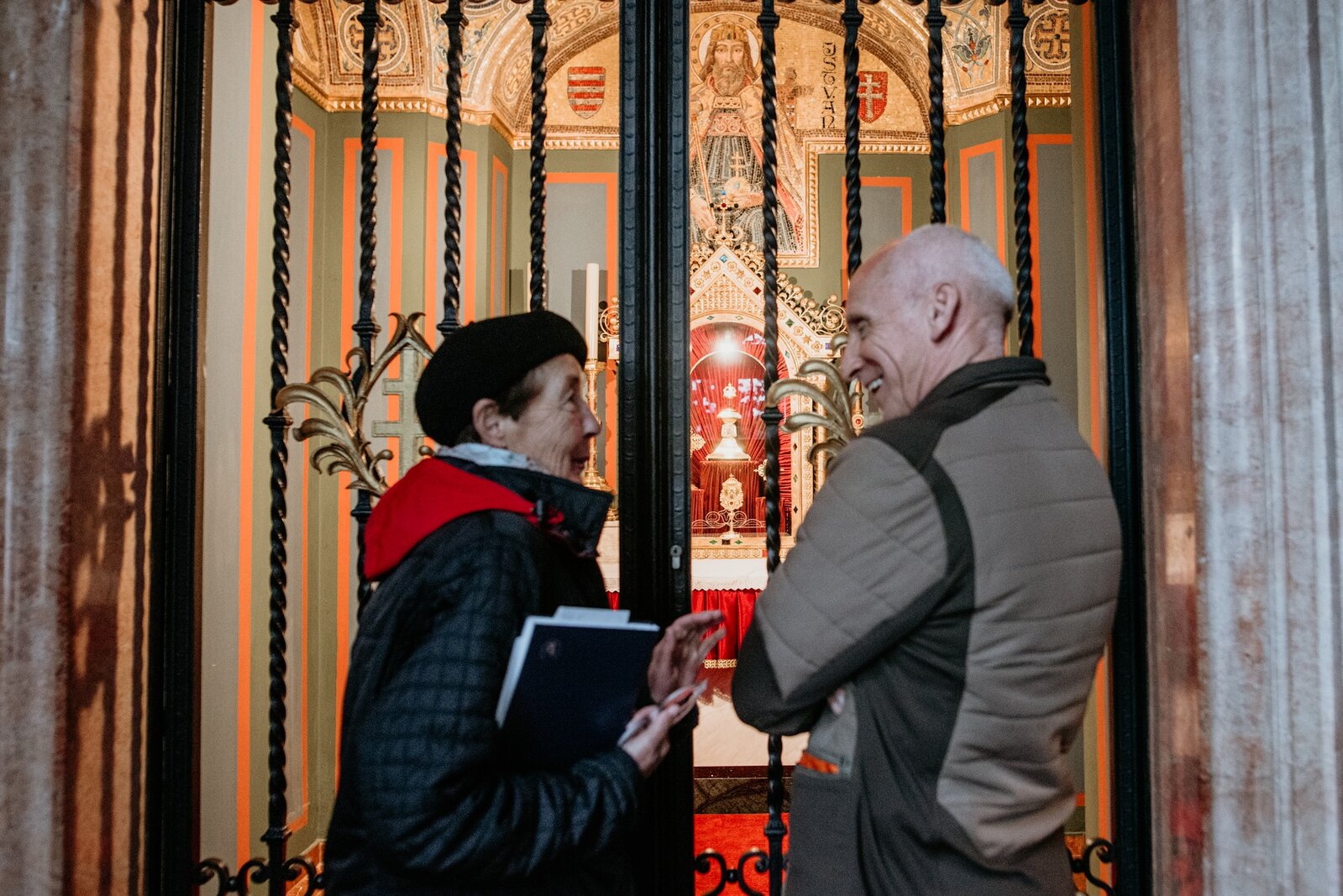
Cooperating partners: Almádiért Public Foundation, Balatonalmádi Values Committee, Bauxit Research Nature Touring Association, Balatonalmádi Town Council, Balatonalmádi Heritage and Town Beautification Circle, Káptalanfüred Bathing Association, Vörösberény Pensioners Club, Vörösberény Citizens' Reading Club.
The event was part of the Veszprém-Balaton 2023 European Capital of Culture programme.
